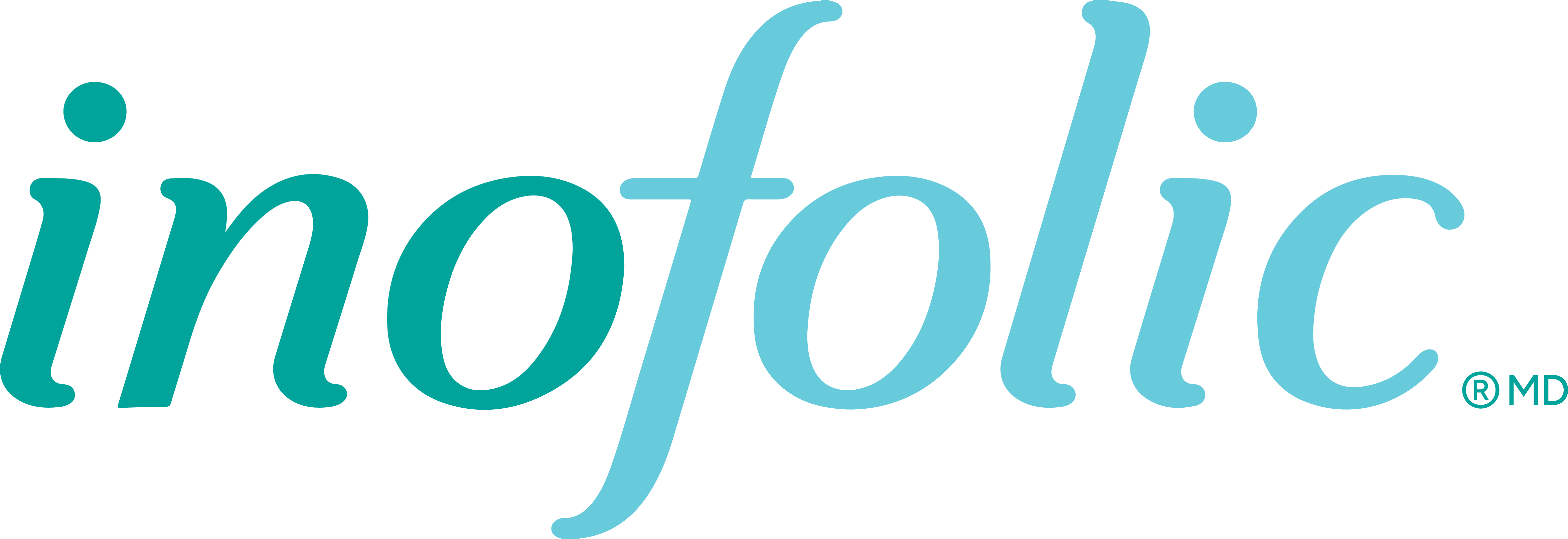Team Inofolic® had a conversation with Obstetrician-Gynecologist Dr. Karen Desrosiers, a distinguished member of the Society of Obstetricians and Gynecologists of Canada, to explore PCOS diagnosis, symptoms, and treatment. Here’s what she shared about PCOS and its connection to fertility and fertility treatments.
Fertility and PCOS
When a patient experiences irregular menstrual cycles, they often face difficulties getting pregnant, indicating fertility issues. Additionally, there’s an elevated risk of complications during pregnancy.
To mitigate these risks, it’s crucial to optimize health before pregnancy. This involves:
- Avoiding smoking or vaping
- Reducing alcohol intake
- Achieving a 5% weight reduction
- Maintaining normal blood pressure
- Testing lipid and glucose levels and ensuring they are within normal ranges
- Prioritizing good sleep habits and your mental health
Before conception, it’s essential to consult with a healthcare provider to optimize health, discuss appropriate folic acid supplementation, and address immunizations.
Dr. Desrosiers emphasizes, “Many medications are safe during pregnancy. Stopping medication without stable mental health can increase pregnancy complications. So, it’s important to talk to your healthcare provider before conceiving to optimize health, discuss folic acid dosage, and review immunizations.”
Fertility Treatments and PCOS
Fertility Treatments and PCOS For individuals seeking pregnancy, different medications may be necessary. However, before initiating fertility treatments, a semen analysis is typically performed to rule out other infertility causes. If other conditions are identified, referral to a fertility clinic may be necessary, with IVF often being the recommended treatment.
If anovulation is the sole issue, oral medication can stimulate ovulation by reducing estrogen levels and activating ovarian hormones.
Fertility clinics may offer hormone treatments resembling those naturally produced by the body to stimulate ovaries. While these treatments carry risks such as ovarian hyperstimulation or multiple pregnancies, dosages and protocols are tailored by clinic professionals.
Dr. Desrosiers further explains, “Supplemental medications like metformin or inositol may also be prescribed to improve insulin sensitivity and enhance ovulation quality. Inositol, in particular, has a better safety profile compared to metformin, and it can help reduce androgens, hirsutism, acne, and lipid levels, potentially decreasing the need for high hormone doses and lowering risks of complications like multiple pregnancies or ovarian hyperstimulation.”


